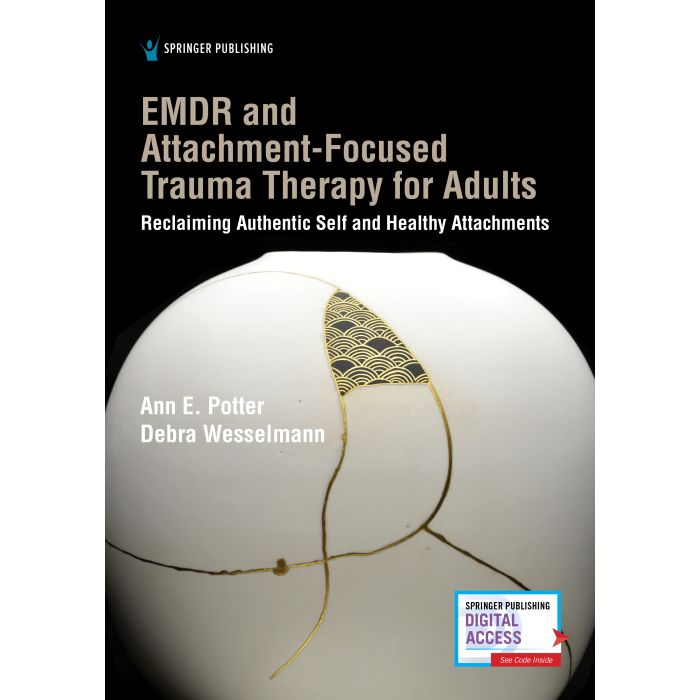Psychotherapies and digital interventions for OCD in adults: What do we know, what do we need still to explore?
Non-systematic review of literature on emerging psychological & digital therapies for OCD and potential biomarkers of treatment response.
Article Abstract
“Background: Despite significant advances in the understanding and treatment of obsessive compulsive disorder (OCD), current treatment options are limited in terms of efficacy for symptom remission. Thus, assessing the potential role of iterative or alternate psychotherapies is important. Also, the potential role of digital technologies to enhance the accessibility of these therapies, should not be underestimated. We also need to embrace the idea of a more personalized treatment choice, being cognisant of clinical, genetic and neuroimaging predictors of treatment response.
Procedures: Non-systematic review of current literature on emerging psychological and digital therapies for OCD, as well as of potential biomarkers of treatment response.
Findings: A number of ‘third wave’ therapies (e.g., Acceptance and Commitment Therapy, Mindfulness-Based Cognitive Therapy) have an emerging and encouraging evidence base in OCD. Other approaches entail employment of elements of other psychotherapies such as Dialectical Behaviour Therapy; or trauma-focussed therapies such as Eye Movement Desensitisation and Reprocessing, and Imagery Rescripting and Narrative Therapy. Further strategies include Danger Ideation Reduction Therapy and Habit Reversal. For these latter approaches, large-scale randomised controlled trials are largely lacking, and the precise role of these therapies in treating people with OCD, remains to be clarified. A concentrated 4-day program (the Bergen program) has shown promising short- and long-term results. Exercise, music, and art therapy have not been adequately tested in people with OCD, but may have an adjunctive role. Digital technologies are being actively investigated for enhancing reach and efficacy of psychological therapies for OCD. Biomarkers, including genetic and neuroimaging, are starting to point to a future with more ‘personalised medicine informed’ treatment strategizing for OCD.
Conclusions: There are a number of potential psychological options for the treatment of people with OCD who do not respond adequately to exposure/response prevention or cognitive behaviour therapy. Adjunctive exercise, music, and art therapy might be useful, albeit the evidence base for these is very small. Consideration should be given to different ways of delivering such interventions, including group-based, concentrated, inpatient, or with outreach, where appropriate. Digital technologies are an emerging field with a number of potential applications for aiding the treatment of OCD. Biomarkers for treatment response determination have much potential capacity and deserve further empirical testing.”
—Description from publisher
Article Access
Open Access
Castle, D., Feusner, J., Laposa, J. M., Richter, P. M. A., Hossain, R., Lusicic, A., & Drummond, L. M. (2023). Psychotherapies and digital interventions for OCD in adults: What do we know, what do we need still to explore? Comprehensive Psychiatry, 120, 152357. Open access: https://doi.org/10.1016/j.comppsych.2022.152357
Date
January 1, 2023
Creator(s)
David Castle, Jamie Feusner, Judith M. Laposa
Contributor(s)
Peggy M.A. Richter, Rahat Hossain, Ana Lusicic, Lynne M. Drummond
Topics
Compulsive Behaviors
Extent
15 pages
Publisher
Elsevier
Rights
© 2022 The Authors. Published by Elsevier Inc.
APA Citation
Castle, D., Feusner, J., Laposa, J. M., Richter, P. M. A., Hossain, R., Lusicic, A., & Drummond, L. M. (2023). Psychotherapies and digital interventions for OCD in adults: What do we know, what do we need still to explore? Comprehensive Psychiatry, 120, 152357. Open access: https://doi.org/10.1016/j.comppsych.2022.152357
Audience
EMDR Therapists, Other Mental Health Professionals
Language
English
Content Type
Article, Peer-Reviewed
Access Type
External Resource, Open Access





